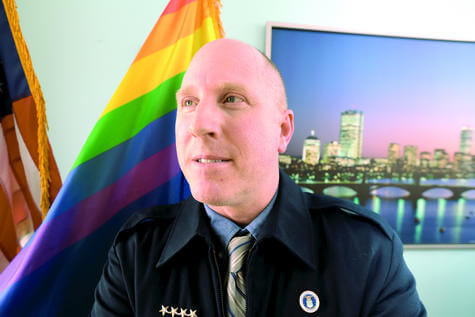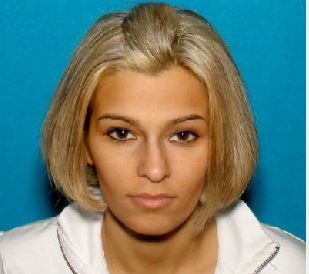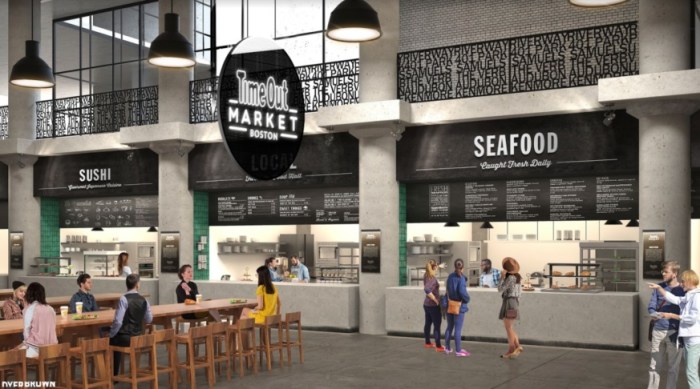When a gay veterans group takes its place with other vets in Sunday’s St. Patrick’s Day parade, it will the latest in a long-coming series of changes Bryan Bishop has witnessed.
Steps in the right direction, the Air Force vet tells Metro.
After all, when the 46-year-old North Carolina native first enlisted in 1987, it was perfectly legal for military personnel to ask, point blank: Are you a homosexual?
Gay and lesbian service members lived in being of being outed and discharged their sexual orientation. Bishop’s commanders knew he was gay and had no problem with that fact, he says. Some of his military friends weren’t so lucky. There have been many more “steps” through the years:
— In 1993, the Pentagon adopted the so-called “don’t ask don’t tell” policy.
— Gay marriage was legalized in certain states, starting here in Massachusetts in 2004.
— In 2011, the ban on gays serving openly was finally lifted.
All big victories in the fight for LGBT acceptance and equality, said Bishop.
By comparison, Sunday’s parade is a small step. OUTVETS will become the first and only gay group to march in the parade.
It’s progress, says Bishop.
“I think it was a time for us to move forward,” he said with a shrug this week.
The organizers of the parade — the Allied War Veterans of South Boston — has until now barred LGBT groups from marching in the parade, which anchors Boston’s largest annual party that usually draws up to 1 million revelers. Back in the mid-1990s, the parade organizers fought all the way to the U.S. Supreme Court for the right to run their own parade however they saw fit.
The nation’s highest court essentially agreed with the organizers; they could say no to whomever they wanted to. And that’s what they did for the next 19 years. The issue became a political football, with some pols, including Boston Mayor Marty Walsh – the son of Irish immigrants – declining to march because of its exclusion of gay groups. Last year, it looked like there would be a breakthrough; an LGBT group could march, but with some contingencies. Then the whole thing fell apart.
Parade organizer John “Wacko” Hurley said at the time the LGBT advocates didn’t really have any military veterans to actually march in the parade, a charge that the activists dismissed as untrue. Bottom line: no LGBT groups marched in the parade. After that fell apart, Bishop, who is the chief of staff for Boston’s Department of Veteran Services, was encouraged by his then boss and current state secretary for veterans’ services, Francisco Urena, to organize OUTVETS. On September 20 of last year, the group was incorporated as a nonprofit. Last November, the group became the first LGBT organization to march in the Veterans Day parade. Bishop was peppered with questions about the St. Patrick’s Day parade. Right before that parade, a man stepped out of the crowd and handed Bishop his business card. “He said ‘Call me, I’m from South Boston. We need to talk,’” recalls Bishop.
That man connected him with Brian Mahoney, the president of the veterans council that organizes the parade. The two met, with Mahoney telling Bishop there was no reason why OUTVETS should be excluded from the parade. Bishop would still, however, have to sell his group to the council to receive approval to march. On December 15, that’s exactly what Bishop, who retired from the Air Force in 2007 and has served in his current role for two-and-a-half years, did for an hour-and-a-half.
“At times it was heated, at times it wasn’t cordial, but everyone was allowed to speak their piece,” Bishop recalled.
He ended his case with a question.
“What is it about my service that is less than what your service is?” he asked. “There was no answer. No response. And it wasn’t a rhetorical response.”
Mahoney, the council president, cast the deciding vote, said Bishop. The council approved the group to march by a 5-4 margin.
Bishop, who spent the vast majority of his 20 years in the Air Force stationed at Bedford’s Hanscom Air Force Base, says the opposition to his group marching amongst the council doesn’t bother him. “You’re talking about an organization that has a lot of older veterans in it,” he said. “It’s ingrained in them to not want to change. We always fear those things we don’t understand, right? And whether they understood it or not, we made it in.” He expects about 30 veterans to march with his group on Sunday.
“My hope is that it’s going to be all positive, but I’m a realist,” he said. “There are maybe naysayers out there, but I think our supporters far outweigh those who don’t support us.” He added, “Going forward, it’s not going to be that big of a deal anymore. Next year, it’s going to be ‘This already happened. What’s the big deal?’ And that’s a good thing.”
‘I think it was a time for us to move forward’

Nicolaus Czarnecki/Metro















